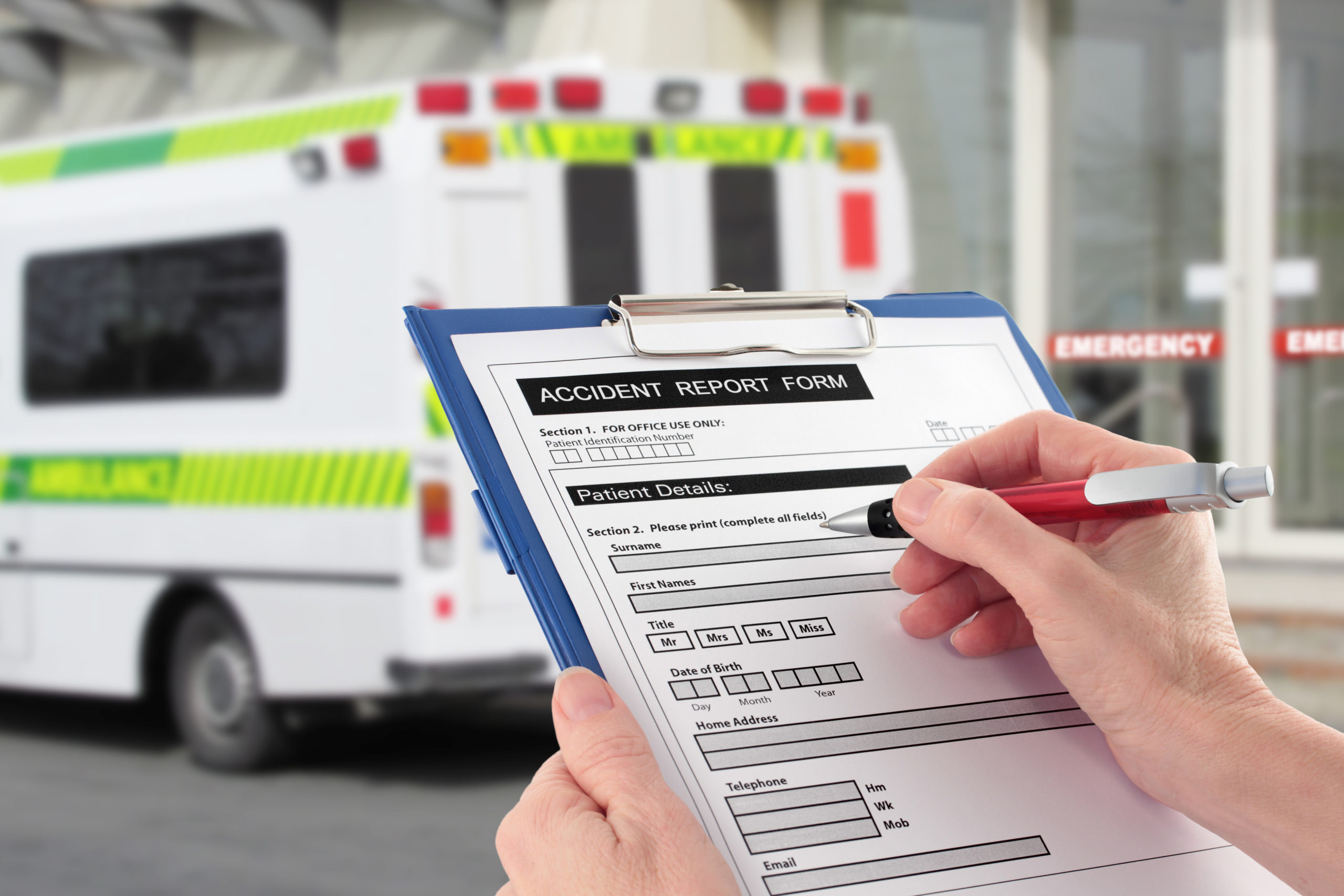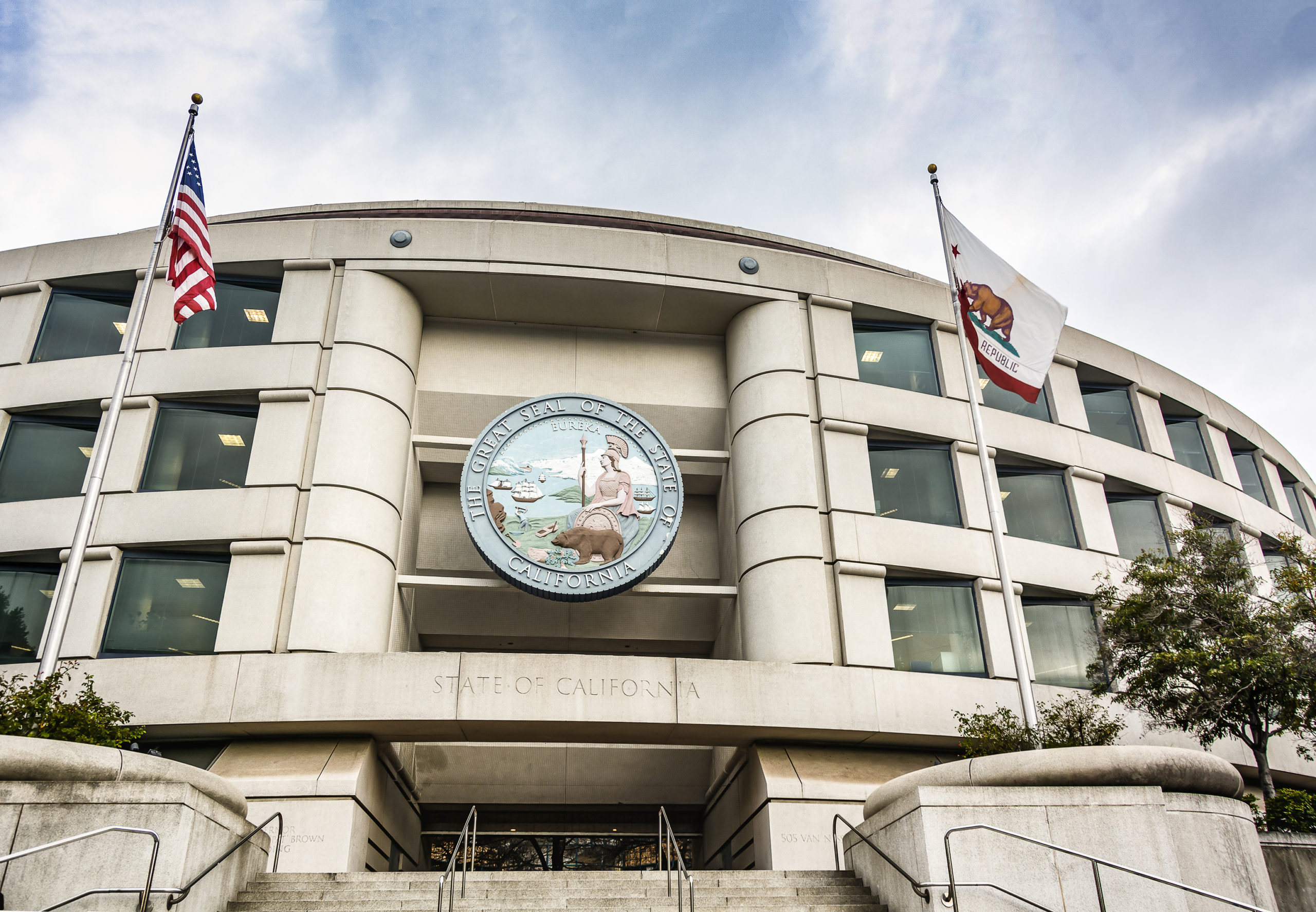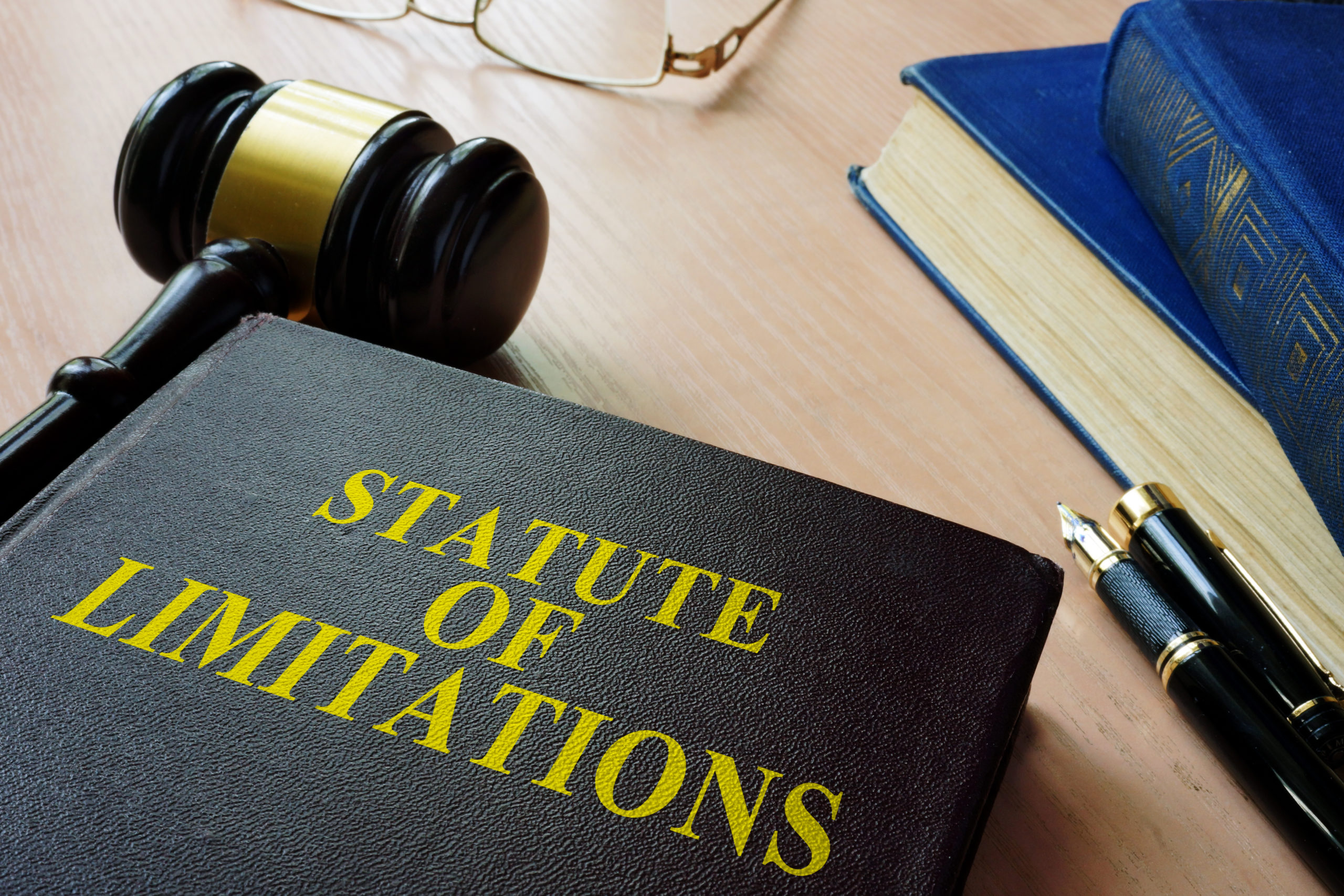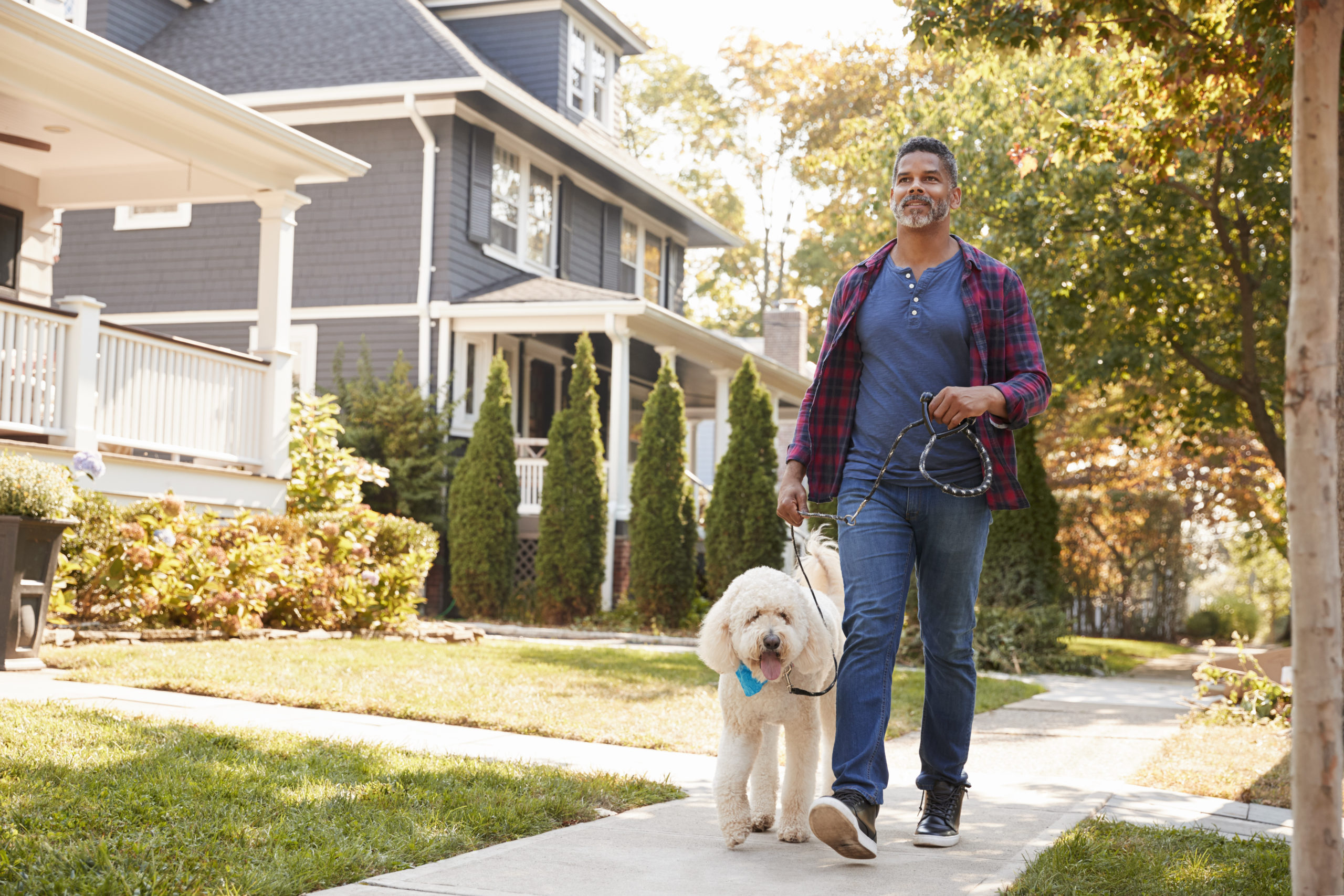The moments that tick away after an auto accident fill the brain with a rapid-fire series of bad thoughts. It is easy to panic and feel an overwhelming amount of stress. However, through the haze that envelopes the thought process must materialize several coherent thoughts that direct you towards doing the right things.
First, you have to make sure everyone, including yourself, is alright. Second, you should contact the nearest law enforcement agency to investigate the accident scene. Sometimes, law enforcement is not immediately available to follow through with an investigative report. The accident might not be worthy of a police report (think fender bender).
If law enforcement does not come to the scene of the accident, the role of lead detective falls on your shoulders. Let’s see how you should collect evidence at the scene of a car accident.
Take Photographs
They say a picture is worth a thousand words. Well, a photograph at the scene of a vehicle accident might be worth a thousand dollars, or more than that. Outside of hard forensic evidence, no other type of evidence does a better job of convincing an insurance company about the validity of a claim than clearly shot photographs.
The first images you shoot should be of the damage inflicted on every vehicle involved in the crash. Pay special attention to the damage done to your vehicle since that is the primary reason why you took out an auto insurance policy. Most auto accidents leave tire marks, especially accidents that involve higher speed impacts. Your insurance company probably employs at least one investigator who analyzes evidence like tire marks left at the scene of a car accident.
You also want to capture the weather conditions at the time of the vehicle crash. Weather conditions such as rain and/or high wind might have contributed to causing the accident. If you require immediate medical care after a car accident, designate the responsibility of shooting photos to someone at the scene of the crash.
Witness Accounts
Witness accounts are used by insurance companies to corroborate evidence, not act as evidence that proves the assertions made on an insurance claim. As soon as you’re done taking photos of the scene, discuss what happened with the witnesses that had the best view of the accident. You want to gather witness accounts as soon as possible after a car crash to ensure you get the most reliable account of what happened. Since your insurer will want to speak with at least some of the witnesses, you should get contact information from everyone that you plan to mention in your insurance claim.
Contact Information from the Other Drivers
This is something that should be an automatic part of tending to the details of a vehicle crash. Make sure you not only get the contact information for each driver, but also the contact information for each driver’s insurance company. If one or more drivers claims not to possess a driver’s license, ask to see another form of identification that lists the driver’s name and address. Since law enforcement does this at the scene of a car accident, the lack of law enforcement presence might embolden one or more drivers to leave the scene of the collision.
Medical Documents
Another reason to take out a comprehensive auto insurance policy is to cover the costs associated with personal injuries. You have the right to receive your medical records from every healthcare provider that diagnosed, treated, and rehabilitated your injuries. Another important set of documents are the medical bills that require compensation from your insurer. If you have difficulty getting copies of your medical records, an experienced personal injury attorney can apply the pressure needed to get the ball rolling.
Here are some of the medical documents that you should collect and organize to present as evidence to your auto insurance company:
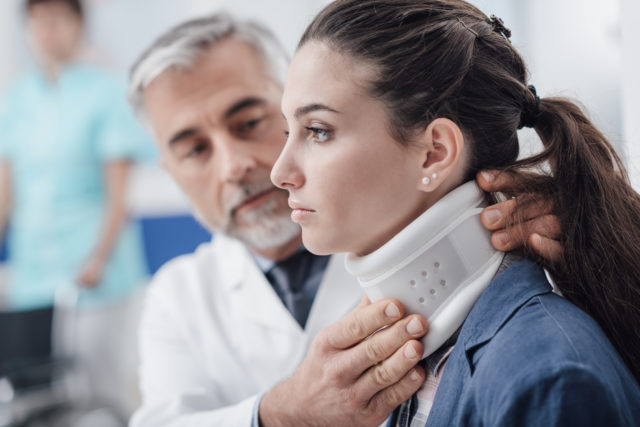
- Ambulance report
- Emergency room care
- Results of diagnostic tests
- All hospitalization records
- Treatment schedule
- Records of each surgery
- Medication prescriptions
- Rehabilitation records
- Prognosis statement
Make sure your doctor and medical specialists sign each document. When you meet with a personal injury lawyer for an initial consultation, you should bring copies of your medical records as part of the evidence that you submit for insurance purposes.

